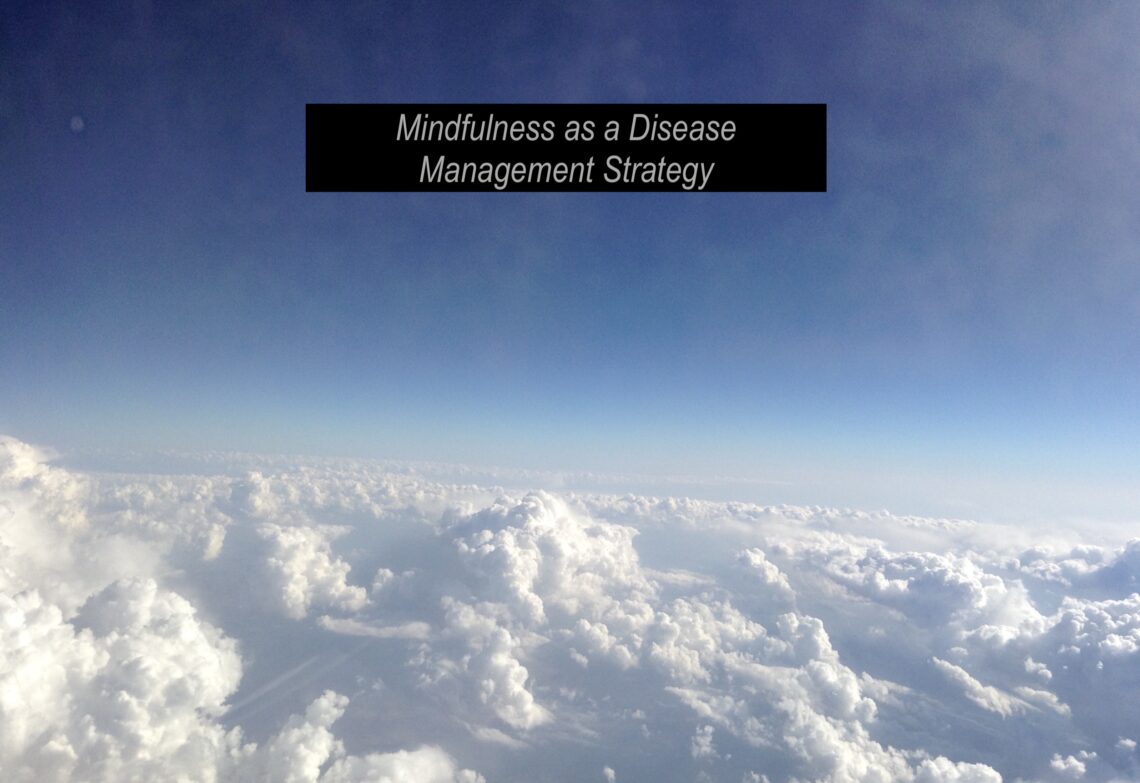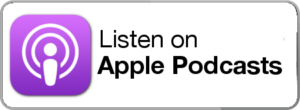Being diagnosed with a chronic, debilitating disease can certainly bring stress to one’s life. In fact, that stress can be significant enough to be called trauma. How one handles this stress varies. Some people have…
Baxter Bell, MD is not just a family medicine physician, he’s also a certified acupuncture practitioner and yoga therapist. Together with co-author, Nina Zolotow, they wrote the book, Yoga for Healthy Living: A Guide to…
Research findings from the Aging and the Quality of Life survey — conducted at University of Washington’s Rehabilitation Research & Training Center — report higher quality of life associated with a disabled person’s higher level of self-reported…


